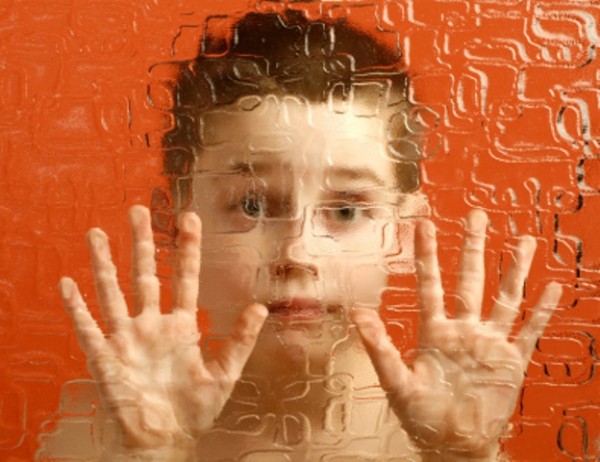Children with Pacemakers Experience Poor Quality of Life: Study

Children and young adults who are fitted with cardiac pacemakers have decreased quality of life, according to a study.
Experts at the University of Georgia found young patients who live with artificial pacemakers implanted in the heart have low sense of self-competence. This can affect their ability to take care of their health leading to decline in quality of life and overall well being.
The researchers surveyed 27 children and teens who received pacemakers to note their level of self-competence. The participants were aged about 13.5 years on average and mostly suffered from cardiac arrhythmias or irregular heartbeats. The subjects' self-ratings on ability to perform functions in various aspects of life like academics and social life, mental resilience and behavioral problems were recorded.
The survey revealed children with pacemakers reported lower self-competence than those who were healthy. These patients secured significantly lower scores in cognitive, social and physical skills. The authors also postulate that these children experience many health conditions due to social, physical and psychosocial incompetence. However, the study did not observe any association between low self- competence and psychological problems like depression and anxiety.
Pacemakers limit physical activities among children. They usually have scars and bulges on their chest and may require frequent surgeries making them more dependent on others. Past studies have shown that children who live with pacemakers suffer from social, behavioral and emotional problems.
The current study suggests doctors and care givers of these children try their best to keep them engaged in many activities to increase self-confidence.
"It is possible that children's belief in their ability to successfully engage in a variety of activities, including social interactions, prepares them to better cope with the challenges that they may face as a result of their illness," write the authors in the research.
More information is available online in the Journal of Developmental and Behavioral Pediatrics
Jul 11, 2014 12:11 PM EDT




